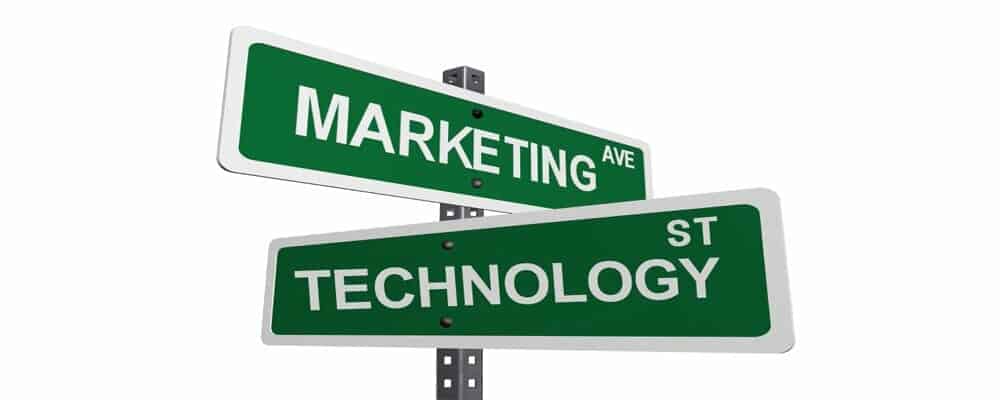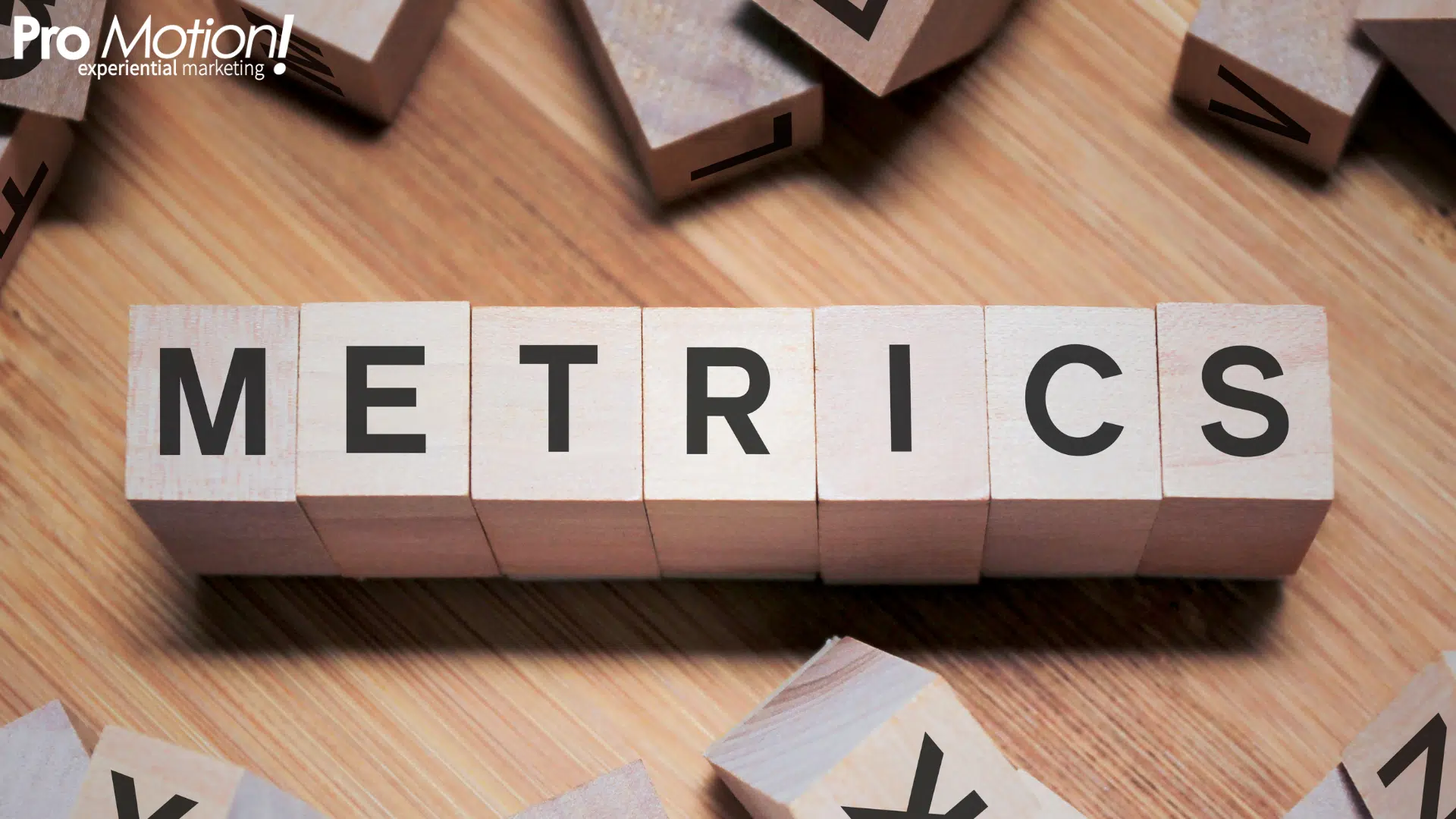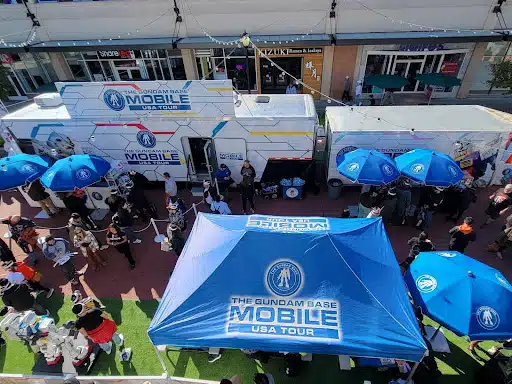People are busy. So how do you inspire them to form authentic connections with your brand that will drive brand vitality?
In an increasingly digital and fast-paced world, companies are clamoring to grab, and keep, potential consumers’ attention. That’s where live events and experiential marketing come in. But how do you successfully combine live, experiential moments and constantly changing new technology? We’ll get to that.
Between 2017 to 2018 the number of companies organizing 20 or more events per year increased by 17%. In 2019, a lot of marketers believe that event marketing is the most effective channel for driving business outcomes — more effective than content marketing and email marketing combined. In fact, 85% of companies indicated that event marketing is a core part of their overall marketing strategy.*

Why include live events in your marketing strategy?
Marketers report that their primary reason for organizing events is to support lead generation and sales acceleration, followed by brand awareness.* When you bring an experiential opportunity to your consumers’ door or place of work, you meet them where they are and where they have the possibility of highest interest to learn more about your product. It’s convenient, interesting, and it just makes sense.
Another important factor impacting the success of live events is attendee satisfaction. This is the foundation and driver for all the other metrics. If the attendee is surprised and delighted by your experiential marketing activation and don’t feel like they’re just being “sold”, they could become a lifelong brand fanatic.
How can technology help, not hinder, the experiential marketing experience?
Here are three trends to consider.
- We have talked before about the benefits of including technology like VR (virtual reality) in your experiential program. Mixed reality (a hybrid of AR and VR) is also starting to pop up, which “anchors virtual objects to the real world, and maps them to the physical environment to allow users to then interact with the virtual objects.”**
- Another example of technology usage in a live event is to create multi-sensory environments to engage consumers with smell, sound, and touch to enhance experiences. Glade created a pop-up experience that involved different rooms inspired by a particular Glade candle scent – each one designed to evoke an emotional response.
- What does the future of technology in live events hold? It’s been suggested that we could see robotics incorporated into experiential events, offering companies an innovative way of engaging with consumers. Agencies are also experimenting with “finger vein recognition – a biometric technique that can analyze people’s finger vein patterns in order to identify them.”**

How can technology demonstrate ROI from your events?
Technology isn’t just for the consumer! It also plays an instrumental role in the ability of organizations to prove event ROI and successfully scale their event strategies. An experiential marketing agency captures data at events through sweepstakes, email signups, brand ambassador conversations, and integrating event software. When it comes to tracking and proving ROI from an experiential marketing program, there are five key ways to integrate technology in that process.
On average, businesses save 18.6 hours a month on event planning by using event software and technology. Companies that use event software are also 24% more likely to prove event ROI compared to those that do not use event software.

Think about that. That’s almost one hour saved per work day. What would you do if you had another hour in the day? How would you take your marketing strategy to the next level?
Use these examples to start considering how you might authentically inject excitement and innovative technology into your experiential marketing activations.
Want to learn more about how Pro Motion can help your brand break through the digital clutter using experiential events and technology? Call us today! 636.449.3162
 *Bizzabo Event Marketing 2019: Benchmarks and Trends Report
*Bizzabo Event Marketing 2019: Benchmarks and Trends Report
**Four trends driving experiential marketing in 2019, Ecoconsultancy



